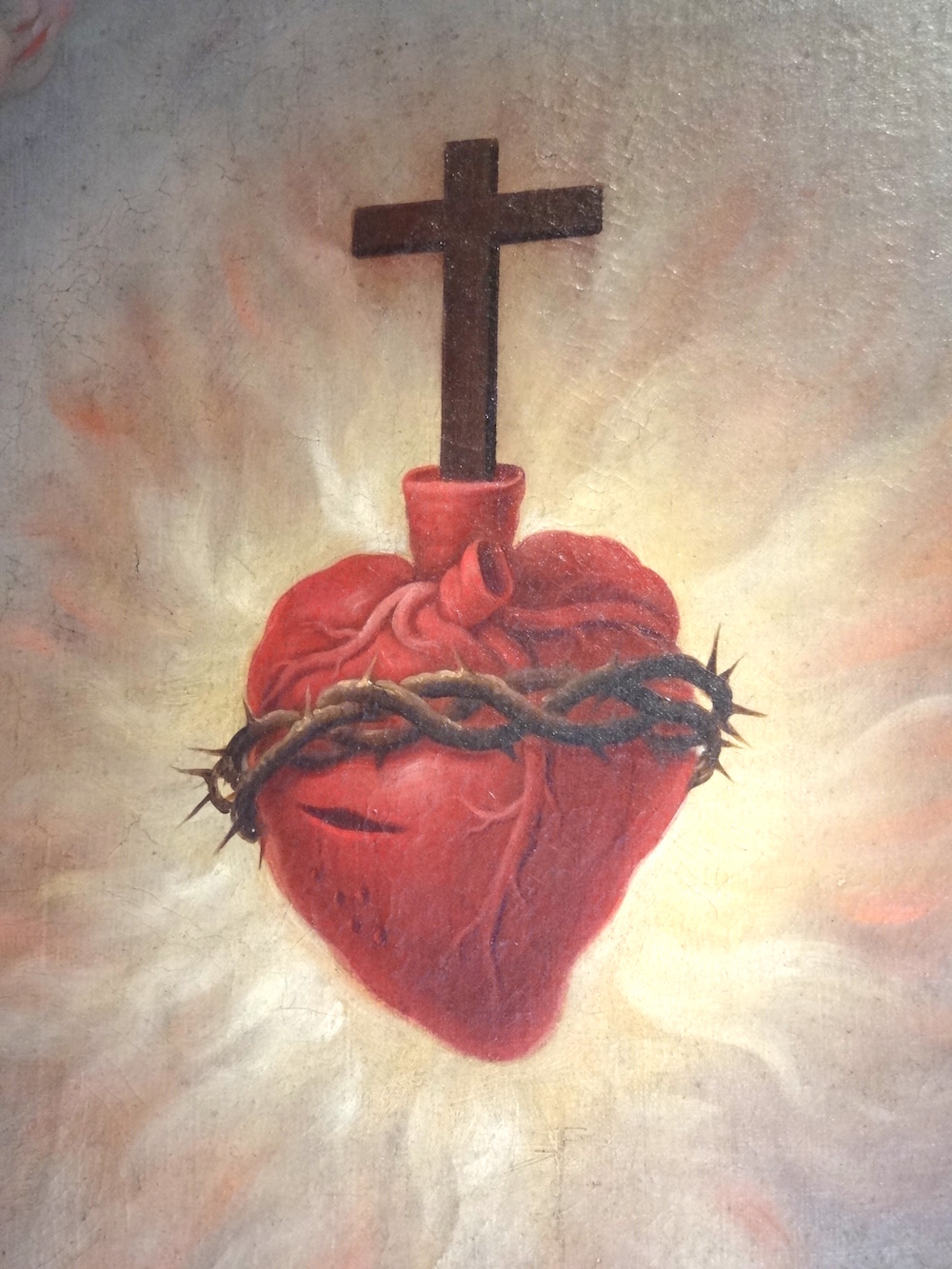Jesus said to them in reply, “Those who are healthy do not need a physician, but the sick do. I have not come to call the righteous to repentance, but sinners.” Matthew 5:31-32
If then my people, upon whom my name has been pronounced, humble themselves and pray, and seek my face and turn from their evil ways, I will hear them from heaven and pardon their sins and heal their land. 2 Chronicles 7:14
In God we trust. The Currency of the United States of America
One of my favorite spiritual insights is that healing—real healing—looks more like the lancing of an infected boil than the shooting of a magic bullet. A missionary friend of mine likes to joke that most of us prefer to think of God as a magic unicorn who fires rainbow colored darts from his enchanted wand—when in reality God is more like a skilled surgeon coming at us with the sharpest of knives. Of course, I fully realize that we are speaking in limping analogies here, but how else can we talk about God other than symbols and stories?
When I was a kid, my cousin Melanie and I made the genius decision to sneak off together to ride the family’s red Honda 90 motorbike to the beach near our summer camp. We planned to jump the sand dunes, just like our skilled, cycle-riding brothers regularly did. Being amateurs in motor sports, we opened up the gas full throttle at the sand dune, causing the bike to flip in the air and land right on top of us. The scalding hot exhaust pipe left a third-degree burn on poor Mel’s leg—which she proceeded to hide under her jeans for the next two weeks so we wouldn’t get into trouble. Needless to say, by the time her mother discovered the burn it was badly infected—with Mel limping severely and practically in shock from the wound. It would take a deep cleaning plus weeks of hard medicine to heal the injury, which could have been dealt with much more effectively had we only been forthcoming about our misdeed instead of hiding it.
How often do we find ourselves hiding our sins and infections from God, instead of just coming clean about our inner maladies? We posture and pretend, using all of our energy to cover our abscesses, instead of bringing them into the glaring light of day. We hide our misery to the point of madness, instead of admitting that we are sick patients in need of significant soul-curing remedies. Somehow, we keep believing in magic instead of mercy, wanting the wand treatment instead of God’s penetrating love, which cuts through and exposes our deepest disorders.
Part of the problem today, as I see it, is that we’ve grown collectively dishonest, all corroborating in creating the current climate of corruption. We point our fingers at “them” and “their” faults, without admitting that “they” represent “us.” You spot it, you got it, is another way of naming this reality, and what we’ve spotted surreptitiously via scrubbed servers and secretly hidden cameras has indicted every single one of us. When rampant corruption, greed, powermongering, pomposity, and disrespect for the human person become the hallmarks of our leaders, then “Mea culpa!” must be our communal contrition cry.
I can’t help but wonder if this wide-open wound exposure of the shocking level of disingenuity in the political sphere is the direct result of the Year of Mercy, which will end this month on November 20, the Feast of Christ the King. One of the things Pope Francis explicitly, and quite prophetically, addressed in the Papal Bull that opened the Jubilee Year was corruption, and its damning effect on society:
May the message of mercy reach everyone, and may no one be indifferent to the call to experience mercy. I direct this invitation to conversion even more fervently to those whose behavior distances them from the grace of God…For their own good, I beg them to change their lives.
The same invitation is extended to those who either perpetrate or participate in corruption. This festering wound is a grave sin that cries out to heaven for vengeance, because it threatens the very foundations of personal and social life. Corruption prevents us from looking to the future with hope, because its tyrannical greed shatters the plans of the weak and tramples upon the poorest of the poor. It is an evil that embeds itself into the actions of everyday life and spreads, causing great public scandal. Corruption is a sinful hardening of the heart that replaces God with the illusion that money is a form of power. It is a work of darkness, fed by suspicion and intrigue. “Corruptio optimi pessima,” said Gregory the Great with good reason, affirming that no one can think himself immune from this temptation. If we want to drive it out from personal and social life, we need prudence, vigilance, loyalty, transparency, together with the courage to denounce any wrongdoing. If it is not combated openly, sooner or later everyone will become an accomplice to it, and it will end up destroying our very existence. (Pope Francis, Misericordiae Vultus, 19)
The wound has been exposed, the boil lanced, and the medicine of mercy has been offered. Maybe the Year of Mercy has served its healing purpose after all.
This article was previously published at Aleteia.

